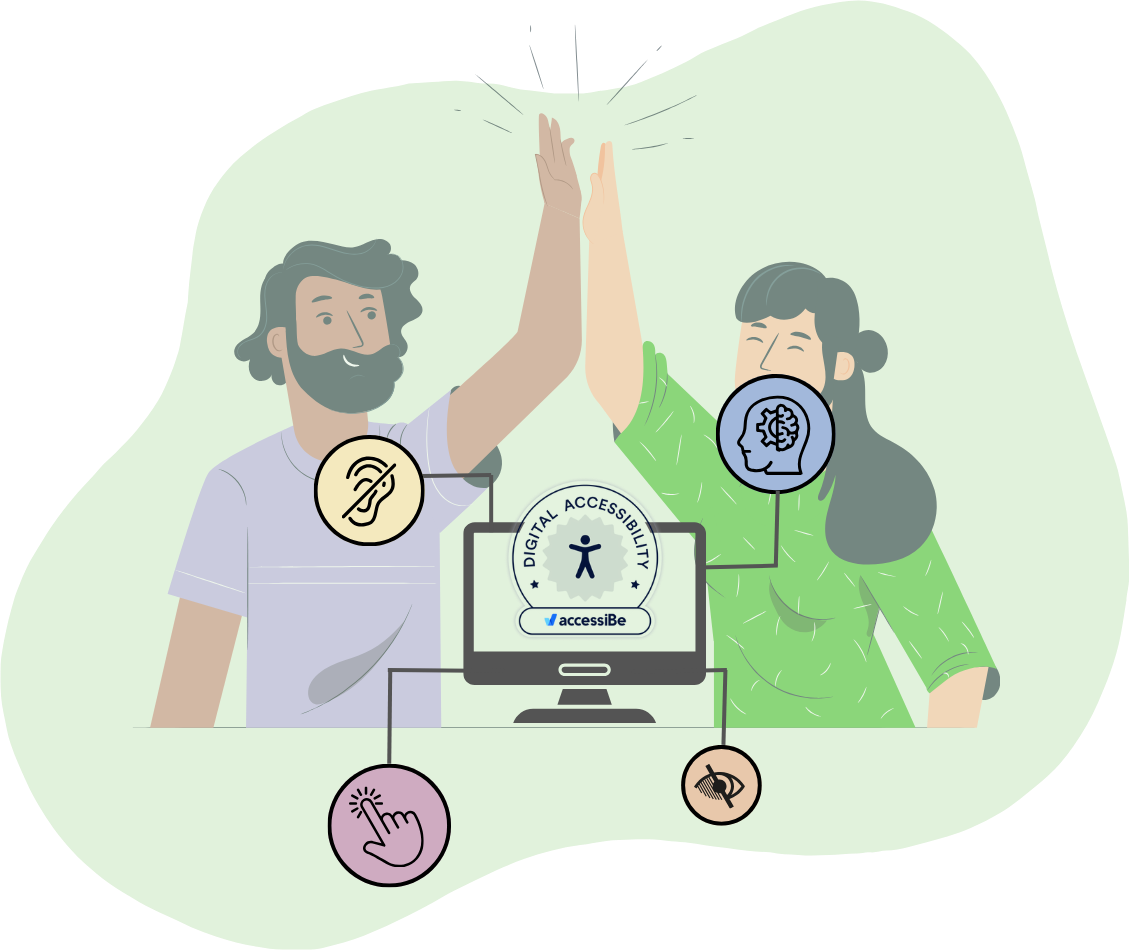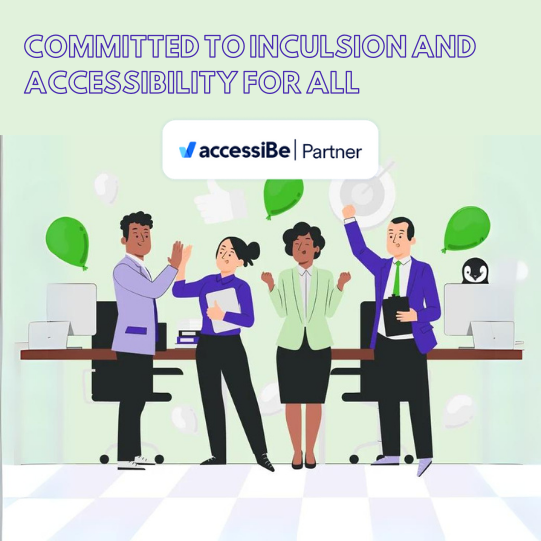Over time, the HubSpot platform has evolved with the launch of new Hubs and more in-depth reporting and analytics capabilities. As a result, HubSpot partners have engaged technical resources to become more involved in making HubSpot a truly viable platform in the mid-market and enterprise space.
The increasing complexities of the HubSpot platform, integration possibilities, custom reporting and analytics tools require a specialist that can really unpack data architecture and set an organization up for success. In a world of fancy presentations and big, elite agencies - few individuals have what it takes to dig into your data architecture, understand your tech stack and give you the ROI you’re looking for when it comes to each department inside your organization. From optimizing marketing spend to really organizing your sales pipeline to streamlining the handoff between sales and service - your HubSpot partner may not have what it takes to get you to where you want to go.
 According to a study from Digital Commerce 360, Marketers waste 21% of their marketing budgets because of bad data. With a tool as powerful as HubSpot, custom reports that leverage a properly planned data structure can eliminate a huge portion of waste marketing spend. But that’s only if your partner really knows HubSpot. I mean *REALLY* knows HubSpot.
According to a study from Digital Commerce 360, Marketers waste 21% of their marketing budgets because of bad data. With a tool as powerful as HubSpot, custom reports that leverage a properly planned data structure can eliminate a huge portion of waste marketing spend. But that’s only if your partner really knows HubSpot. I mean *REALLY* knows HubSpot.
Big, elite agencies inside the HubSpot culture definitely know HubSpot, but the problem you’ll run into most often is that the people that know the most aren’t always the people working on organizing your data architecture and portal, they’re the ones selling or sitting back and collecting your retainers while shipping off your account to junior team members. It’s a model that works for marketing, but not for specialized analytics reporting for a scaling mid-sized or enterprise business.
If you’re struggling to find an agency or technical, specialized partner that truly understands you and has what it takes to help your business scale into HubSpot and boost revenue and efficiency, you’re not alone.
Here are some signs that your HubSpot Partner isn’t equipped to help you optimize RevOps:
Your meetings are more pomp and circumstance than data and business discussion
You already know that more data, an optimized tech stack and integrated systems and software are the path you need to take to really optimize the revenue inside your organization - but if you have to sit through one more junior level ethos presentation, you’re ready to throw in the towel.
There’s a time and place for getting to know who your agency is for sure, but modern, savvy revenue-focused executives need more than that. If you’re trying to move beyond the small talk to vet your agency and continue to hit roadblocks in trying to do so - this might be a red flag that your account executive, salesperson or consultant or the agency as a whole doesn’t truly understand your business goals.
Your initial consultation should go beyond surface level. Ditch the small talk and start talking about which platforms and applications you’re using, the number of apps inside your company, your woes with sales and marketing handoff, and the like. We’re not here to sell you the fluff that comes with understanding Inbound Marketing. Your organization not only knows and understands all the concepts of a great marketing plan (that’s why you’re considering HubSpot to begin with), but you probably already have an entire team on staff to help make it happen. What we’re here for is to optimize what you’re already doing. To set up really comprehensive reporting, to better understand your pipeline and to help you deliver even better customer service by integrating data to keep marketing, sales and service - and your executive team all on the same page.
Marketing and marketing analytics industries at large haven’t been around forever and just because your agency is filled with young talent doesn’t always mean they don’t know what’s going on. However, if you find yourself sitting in meetings with junior level employees banging your head against the wall because they aren’t taking the time to truly understand your needs from a data analytics perspective, they might not be the right agency for you.
Their integration capabilities are outsourced or non-existent
The rise of the technical partner is something that we’ve discussed ongoing for some time relative to the success of any business inside HubSpot, and it’s worth discussing over (and over) again. If you can’t integrate your biggest line of business applications with HubSpot, you will not get the kind of adoption and analytics for your organization that you need.
In short? If you’re not willing to invest in an integration, don’t buy HubSpot.
Maybe that sounds harsh, but for mid-sized or enterprise organizations with the budget to really integrate HubSpot into their business processes, it’s not an option. Maybe you initially signed up for HubSpot because of the cool marketing automation abilities, but if you’re a revenue-driven, growth-oriented organization? You have no choice but to take a deep dive into some of the Pro and Enterprise level features, pay for custom integrations and bridge the gap between the applications you use and the platform that will empower your departments and executive team to make the best possible revenue-led business decisions.
A HubSpot Partner that doesn’t offer integrations in house or doesn’t offer them at all isn’t a good fit for a large-scale organization that’s trying to really build their business around the reporting and analytics that HubSpot offers. Why? Because your growth should be a central focus for them, and while you can grow without business application integrations - you can scale much more easily when you take the time to pass data back and forth between your applications. It just makes sense. It saves time, it gives you more accurate reporting and empowers analytics and reports for better business insight and decision-making.
If you’re a mid-sized or enterprise organization, you’re going to need integrations at some point. By working with an integrations partner at the outset that focuses on this - or a marketing partner with a good amount of experience in dealing with a specialized partner that can handle your integration, you’re in a much better position than having to reactively seek out a new partner after you’ve already configured your HubSpot platform and reporting without that integration and data.
Related: HubSpot Architects + HubSpot Developers = Perfect Custom HubSpot Integrations
Your tech stack isn't immediately addressed
When it comes to how your HubSpot is implemented, your tech stack plays an integral role in determining the configuration of your reporting, custom objects and more. Without knowing how your data is currently moving inside and through the different departments and applications in your organization, it’s difficult to configure reporting and how your data should be set up to adequately report.
Before any implementation or onboarding, or even (in our opinions) before you consider HubSpot as a platform at all, you should really have an expert look closely at your tech stack, what applications you use to manage your data and processes and where opportunities may exist to consolidate or reduce redundancies.
A skilled implementation specialist won’t just be a technical resource to take orders from you and execute them, but a full on consultant to unpack and pick apart your processes and applications and get a more comprehensive idea of your overall needs and goals and how HubSpot can service them. A discussion of your data, the applications that you use internally and your workflows and processes is critical prior to the adoption of the HubSpot Platform. You might want to download a tech stack audit worksheet or similar tool to help you prepare for your initial conversations surrounding HubSpot as a platform and any partner that you’re considering integrating into your HubSpot experience.
If your partner mentions getting on boarded on HubSpot before discussing integrations or tech stack updates, that could be a potential red flag. They may just be a marketing partner - and while there’s nothing wrong with that necessarily, you’ll want to make sure to integrate the technical element into the equation before you make your decision. If you don’t? You could end up hiring the wrong Partner, with the wrong HubSpot tiers or not leveraging the Platform to its full potential - or maybe at all if your implementation is delayed or not integrated deeply enough into your department processes. We’ve seen this far too often and a mishandled Hubspot implementation could cost you big time in your business decisions, revenue and even cause you to lose employees.
Related: Saving the most on HubSpot starts with a technical partner
Odds are good that you’re investing a significant budget into HubSpot because you believe in the power it has to transform not just your marketing and analytics, but your organization as a whole. The enhancements that HubSpot has made over its lifetime to date have been huge for helping midsized and enterprise organizations be more empowered over data management to make better business decisions.
By partnering with the right people from the outset, you can shorten the length of time it takes your organization to go live with the software, reduce overall technology spend, optimize your processes and pass-off between marketing, sales and service and really hone in on the pieces of data that will help you make empowered, focused decisions for scaling.
If you’re currently working with or vetting HubSpot partners or HubSpot as a platform itself, you need someone that understands your business, has enough experience with integrations and technology to help demystify how things will work together and get you started on the right foot.
Be sure to vet your HubSpot partner closely and let them do a little digging and understand their strategy more before you make any other decisions regarding your HubSpot subscription and who will set up and maintain your portal. An ongoing relationship with a skilled architect is critical to your success.






